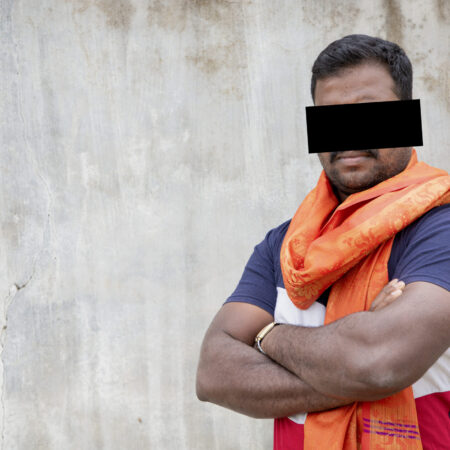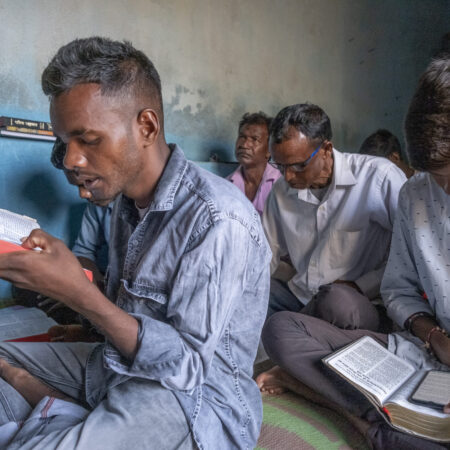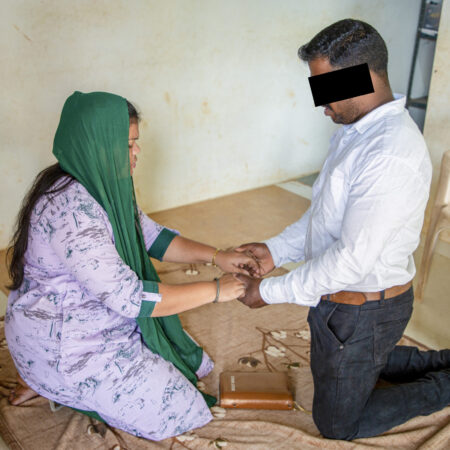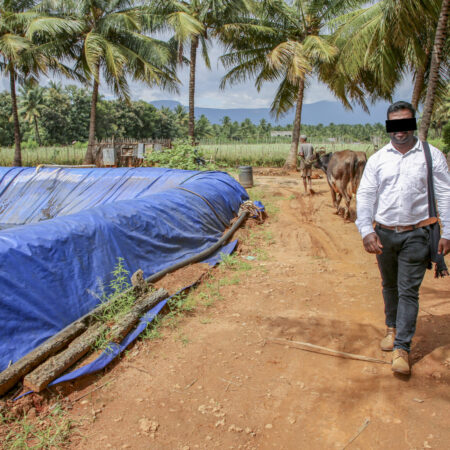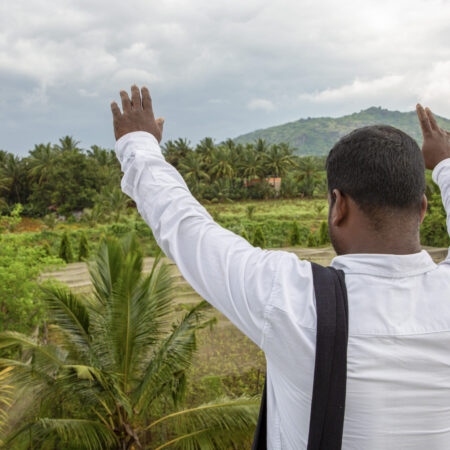Recounting the life he led before coming to know Christ, Ravan’s voice thickened with emotion. “Thinking about that … brings me to tears,” he said.
Today Ravan is a church planter in southwestern India. Before he became a Christian, however, he worked as a paid assailant for the Rashtriya Swayamsevak Sangh (RSS), a Hindu nationalist organization affiliated with India’s ruling, right-wing political party. He and a gang of other recruits were the muscle behind RSS harassment of area Christians and Muslims.


